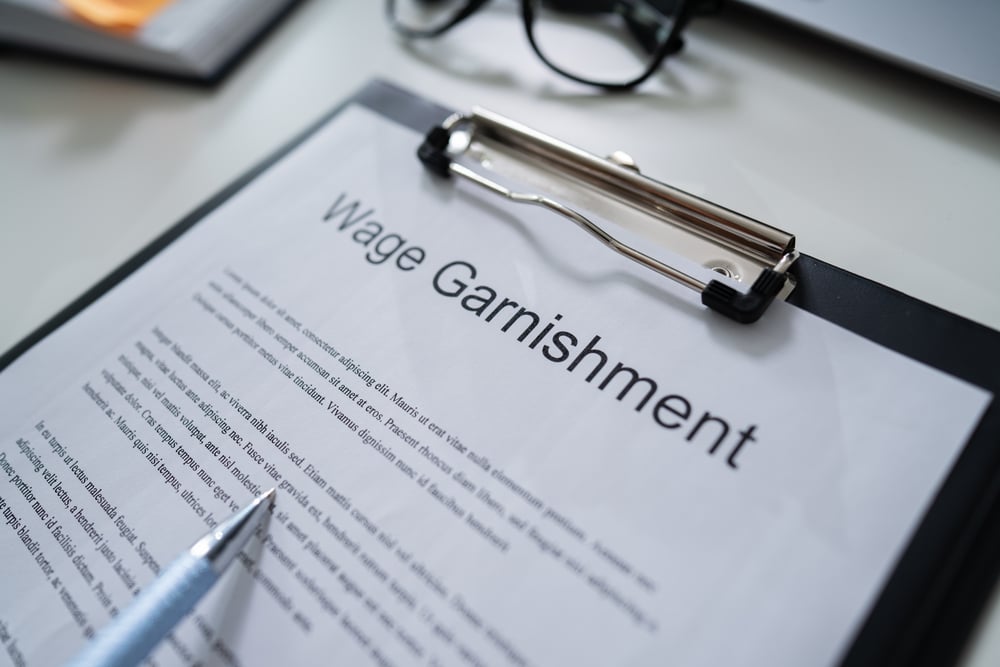
An IRS wage garnishment is an extremely difficult process to deal with. The federal government has given the Internal Revenue Service the authority to garnish employee earnings, and the agency often resorts to this action in severe cases of back tax debt. Once the IRS begins garnishing your wages, it will generally continue to do so until the entire tax bill is paid in full, no matter how long that takes. Despite its authority, the IRS has to follow certain wage garnishment guidelines.
When Can the IRS Garnish Wages?
The only time the IRS can impose a wage garnishment is when a taxpayer owes a significant amount of back taxes and has not attempted to resolve the matter for some time. You can generally prevent a wage garnishment from happening as long as you continue to communicate with the IRS and make efforts to make payments on your account.
Even if you owe a large amount of back taxes, and you have not yet taken steps to repay it, the IRS does not have the right to simply begin garnishing your wages. Rather, the agency must send you written notices before doing so. You'll receive several letters before you get a Final Notice of Intent to Levy. In this letter, the IRS will outline the procedure for wage garnishment and the amount of time you have left before the garnishment begins.
What is the Wage Garnishment Process?
Once the wage garnishment takes effect, there are regulations in place to prevent the IRS from taking all of the money you earn. However, the agency is not required to leave you enough funds to pay your regular bills such as your rent or mortgage, car note, or utility bills. Rather, the IRS uses the number of exemptions and the marital tax status on your Form W-4 as guidelines to decide how much of your earnings to seize. You'll receive an updated form to fill out right before the garnishment begins.
How to Stop Wage Garnishment
After the IRS begins to seize your income, the only way you can stop the wage garnishment is to contact the agency and set up an installment plan for repaying your debt. This allows you to pay a little of your tax debt each month, instead of having to pay the entire amount at once.
IRS wage garnishment can make it almost impossible for you to afford your necessities each month. If you familiarize yourself with the wage garnishment guidelines, you can decide the best way to rectify this situation for you and your family.




